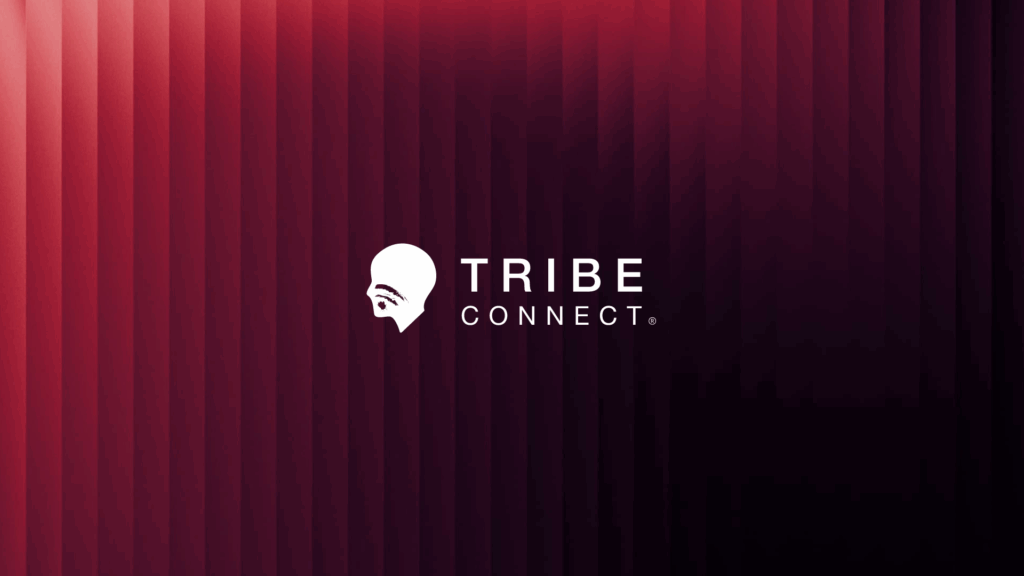At our recent insurance AI roundtable, one theme rose above every other conversation:
When insurers collaborate directly with Firemind, AWS and NVIDIA, AI projects move faster, cost less, and are dramatically more likely to reach production.
This is the essence of co-innovation: a model where carriers bring domain insight, and technology partners bring architecture, compute and applied AI expertise. Instead of working in silos, everyone aligns around the same problem, in the same room, at the same time.
And it’s proving to be the most effective way for insurers to adopt AI safely and at speed.
Why co-innovation fixes the alignment problem
AI projects in insurance often break down long before a line of code is written.
Business identifies a need, IT raises integration concerns, data teams flag access issues, governance teams highlight risk, and vendors propose solutions without understanding the operational nuance.
Co-innovation flips this dynamic.
By aligning stakeholders from day one, insurers get clarity early: What’s feasible, what’s safe, what’s fast, and what will actually work with real data and real processes.
Instead of months of back-and-forth, teams reach agreement on scope and delivery in a matter of hours. Momentum builds early, and projects move forward instead of stalling.
The best AI ideas come from insurers: co-innovation makes them buildable
Some of the most valuable insights comes directly from underwriters, claims handlers and assistance specialists. You see specific friction points:
- prolonged medical case assessments
- repetitive document reading
- inconsistent repatriation decisions
- slow access to hospital or cost data
- complex multi-party claim structuring
These aren’t abstract problems, they’re daily operational burdens.
In a co-innovation environment, these challenges become immediate opportunities.
Firemind translates them into AI workflows. AWS and NVIDIA bring the infrastructure and acceleration needed to make those workflows perform at scale.
The result: problems shaped by domain experts, solutions shaped by technology experts, and both aligned on delivery.
Why this model reduces risk and raises success rates
Traditional projects often begin with big ambitions that collapse under technical, data or governance realities. Co-innovation prevents this by exposing constraints early and turning them into design requirements rather than roadblocks.
Instead of discovering issues months into a project, teams surface them in the first session.
Governance, explainability and compliance are built into the design, not bolted on afterwards.
Prototypes are developed against real data, with real user feedback guiding every iteration.
It’s no surprise that pilots built this way reach production far more often than those built in isolation.
Joint funding removes the last barrier
A major reason insurers hesitate to begin AI initiatives?
Budget friction.
To address this, Firemind, AWS and NVIDIA have created a joint funding programme that contributes up to $100,000 toward selected AI pilots.
This makes it dramatically easier for insurers to test ideas such as:
- claims automation
- medical assistance triage
- underwriting workflow intelligence
- document summarisation and IDP
- risk scoring
- operational AI agents
With financial risk reduced, teams can move from idea to implementation far more confidently.
Co-innovation is becoming the new standard for insurance AI
The most forward-thinking insurers aren’t trying to buy pre-packaged AI tools and hope they fit.
They’re co-designing solutions with partners who understand the realities of:
- regulatory pressure
- human-in-the-loop workflows
- medical and travel assistance complexity
- multi-party liability
- unstructured data
- claims decision pathways
This collaborative approach delivers solutions that are faster to deploy, safer to operate and easier to scale.
It is no longer an innovation experiment it is becoming the blueprint for AI in insurance.
Ready to explore a co-innovation session?
If your team has a workflow, challenge or idea you’d like to explore, whether in underwriting, claims, assistance or document intelligence, Firemind can help you assess feasibility, design scope and apply for funding.
The future of insurance AI won’t be built in silos. It will be built together.
Co-innovation is how insurers move from exploration to execution: faster, safer and with measurable impact.
Take the next step
Discover solutions, customer success stories, and events on our dedicated Insurance page.




